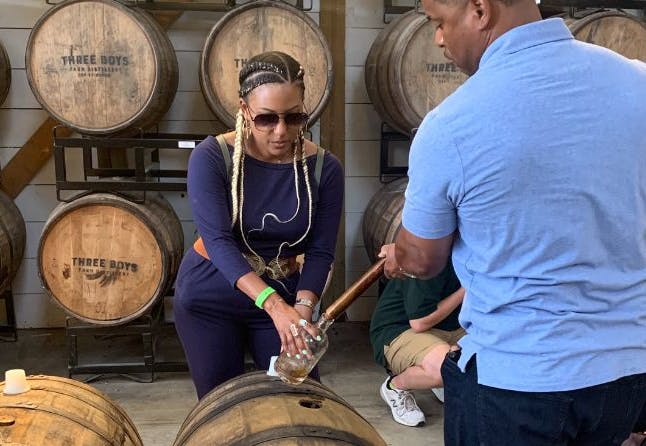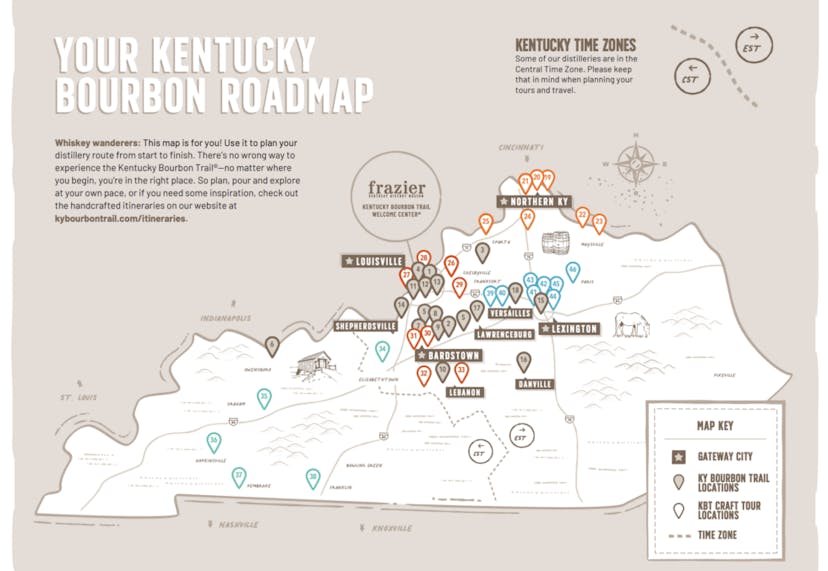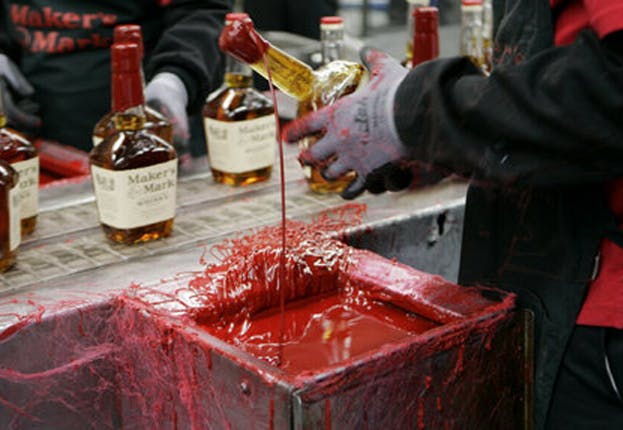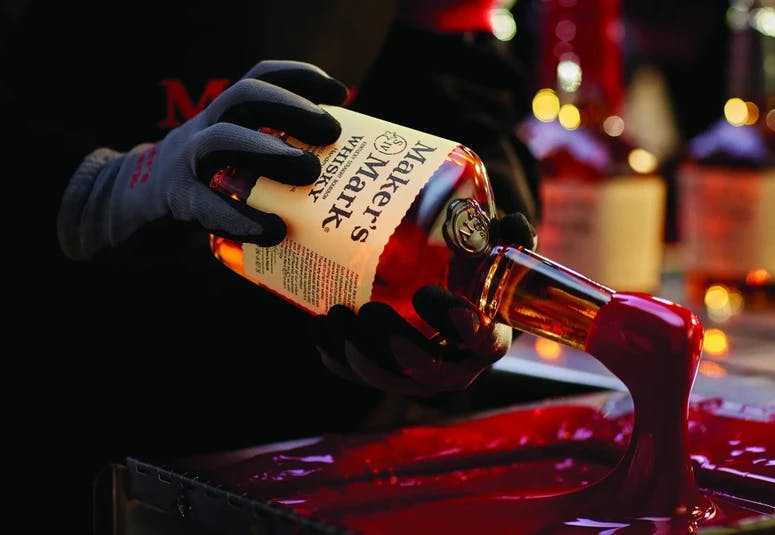
Bourbon, Louisville
Bourbon City Weekend Itinerary: Where to Stay, Eat, and Sip

Sightseeing, Louisville, Spirits, Bourbon
Public vs. Custom Bourbon Tours: Which Kentucky Bourbon Trail Experience is Right for You?

Sightseeing, Louisville, Spirits, Bourbon
Private Bourbon Tours with Barrel Picks & Custom Tastings: The Most Unique Way to Experience the Kentucky Bourbon Trail

Sightseeing, Louisville, Spirits, Bourbon
Unique Distillery Tours & Experiences On the Kentucky Bourbon Trail You Probably Haven’t Heard Of

Sightseeing, Louisville, Spirits, Bourbon
Why The Kentucky Bourbon Trail is the Perfect Destination for Your Next Corporate Retreat

Sightseeing, Louisville, Spirits, Bourbon
How to Plan Your First Trip to the Kentucky Bourbon Trail

Sightseeing, Louisville, Spirits, Bourbon
Bourbon with a Backstory

Sightseeing, Louisville, Spirits, Bourbon
Red Wax and Rolling Hills: Why You’ll Love Visiting Maker’s Mark
Public tours
Fixed itineraries bookable online
Custom tours
Personalized itineraries bookable online or by request





